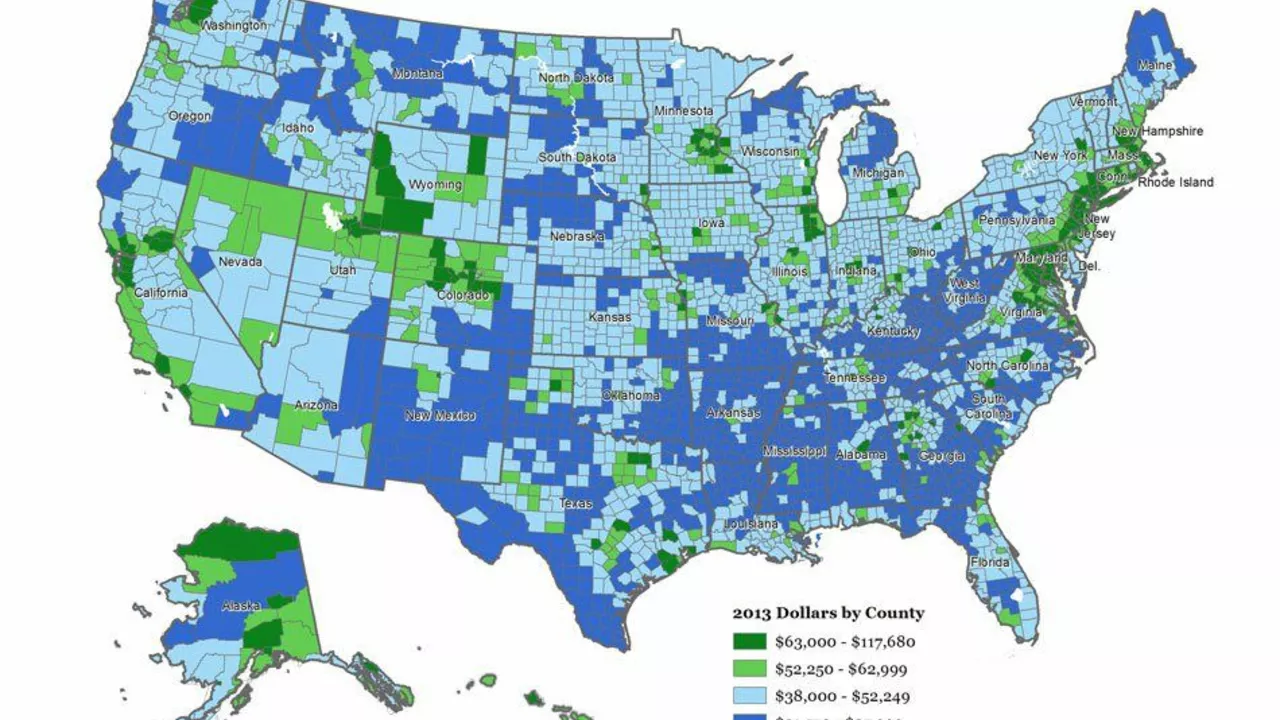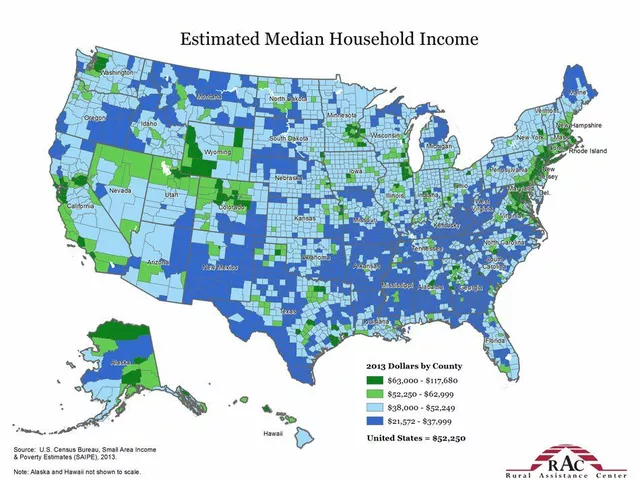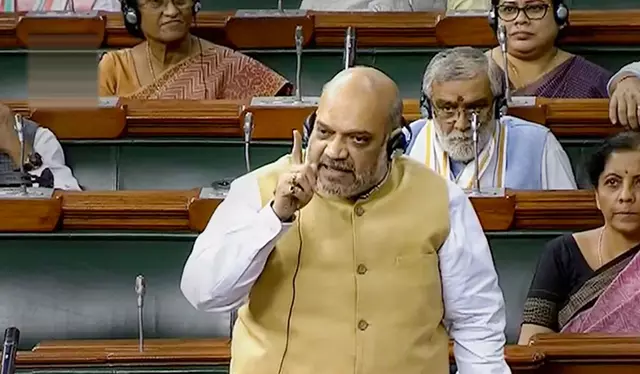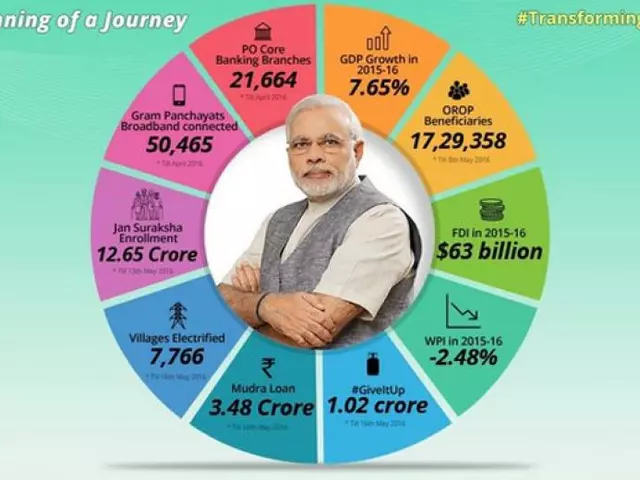Economic Disparity: Why It Matters and What You Can Do
Ever wonder why some people live in mansions while others struggle to pay rent? That’s economic disparity in action. It’s the gap between the rich and the poor, and it shapes everything from education to health. Understanding the basics helps you see the bigger picture and figure out how you can make a difference.
What Drives Economic Disparity?
First off, unequal wages play a huge role. When a few industries pay sky‑high salaries and many jobs pay barely enough, the gap widens fast. Add to that education gaps—people with college degrees tend to earn more, so anyone left behind in school falls further behind financially.
Taxes and government policies matter, too. If tax rules favor the wealthy or cut social programs, the poor lose a safety net. Globalization also shakes things up; factories move abroad, cutting jobs at home, while high‑skill workers stay in demand and earn more.
Lastly, discrimination based on race, gender, or region can lock certain groups out of well‑paying jobs, keeping the disparity alive across generations.
How to Close the Wealth Gap
There’s no magic fix, but a mix of actions can shrink the gap. Raising the minimum wage gives low‑income workers a boost, and many cities have already tried it. Stronger labor unions help workers negotiate better pay and benefits.
Investing in education is a long‑term win. Free or affordable college programs, vocational training, and after‑school tutoring give everyone a fair shot at higher‑paying jobs.
Progressive tax systems can rebalance income. When the wealthy pay a fair share, the government can fund health care, housing, and education that lift the poorest out of poverty.
Supporting small businesses in underserved areas creates local jobs and keeps money circulating within the community. Simple steps like buying from local shops or mentoring a new entrepreneur add up.
Everyone benefits when the gap shrinks—less crime, healthier populations, and a stronger economy. Even small actions, like voting for policies that protect workers or donating to a local charity, contribute to a more balanced society.
So next time you hear “economic disparity,” think of the everyday forces that create it and the practical steps you can take to push back. The gap isn’t inevitable; it’s something we can all work to narrow.





